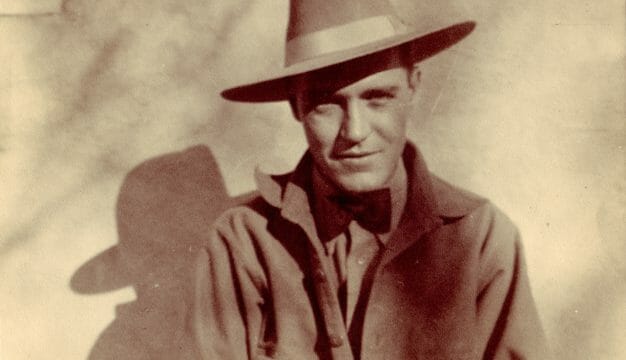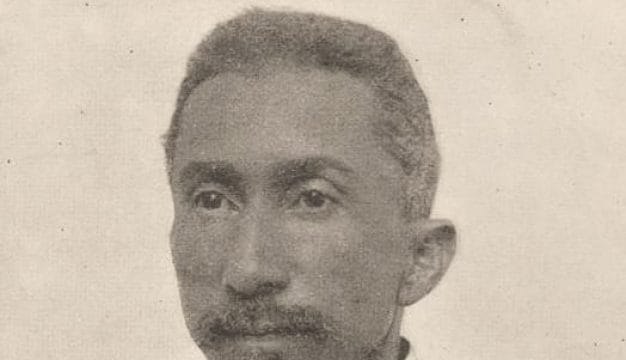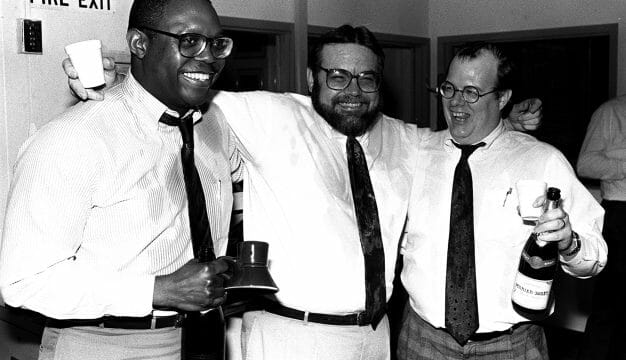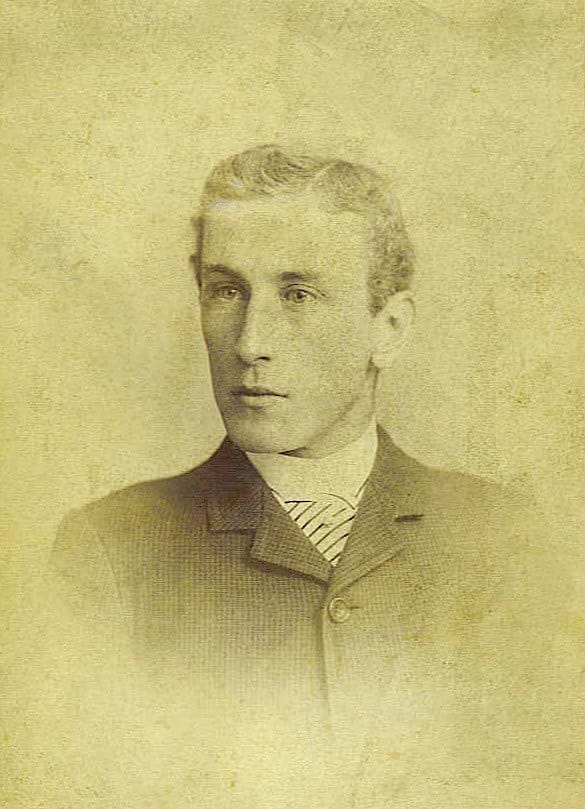George Henry Craig
George Henry Craig (1845-1923) served in the U.S. House of Representatives as the representative for the Fourth Congressional District from Alabama. His tenure was short-lived, however, owing to a contested election in 1883, a not uncommon occurrence in the years following Reconstruction. Although a House committee declared Craig the rightful winner, he was unable to fill the seat until January 9, 1885, and held the office only until March 3, 1885. Prior to his election, he served during the Civil War then entered the legal profession and held several offices, including circuit judge.
Craig was born in Cahaba, Dallas County, on December 25, 1845, to James Dunn Craig and Elvira Susan Berry Craig. He was one of 15 children and grew up on a large and valuable plantation on which his father enslaved as many as 57 individuals. In addition to planting, James was a lawyer who actively participated in local politics and held office for many years. During the Civil War, Craig enlisted at age 16 and served in multiple positions. First, he served as the commissary sergeant for William E. Byrd's police regiment in Mobile, Mobile County, in 1862. After this 90-day term of service ended, he enrolled at the University of Alabama and rose to the rank of lieutenant in the university's cadet corps. In 1863, Craig again enlisted in and remained in the Confederate Army until the war's end, surrendering with troops under the command of Gen. John Tyler Morgan in Meridian, Mississippi.
After the war, Craig returned to the University of Alabama to study law. He graduated, was admitted to the Alabama State Bar in December 1867, and settled in Selma, Dallas County, where he opened a law practice. In 1868, Craig married Sarah Alvena White in Selma. The couple had five children, including William Benjamin Craig, who served in the U.S. House of Representatives from 1907-11. While living in Selma, Craig followed the example of his father and brothers, becoming politically active.
Craig allied with the Democratic Party during the initial years of Reconstruction, but through the late 1860s, he aligned with Republicans. He was elected or appointed to various offices and received significant backlash from Alabama Democrats and newspapers. He was elected solicitor of Dallas County in 1868, appointed sheriff of Dallas County by Gov. William Hugh Smith in March 1869, and elected judge of the criminal court of Dallas County as a Republican for a term of six years in March 1870. In July 1874, Gov. David P. Lewis appointed Craig to fill an unexpired term as judge of the First Judicial Circuit, and he was elected to the position that November. He remained in office until 1880.
Craig won the Republican nomination for the Fourth Congressional District in the 1882 election. At the time, the seat had been declared vacant for most of 1882 after James Q. Smith successfully contested the election of Charles M. Shelley. Initially, it seemed that Shelley had defeated Craig for the seat by 2,724 votes, 7,159 to 4,435; however, sensing election corruption, Craig contested the election. On July 5, 1884, the House Committee on Elections issued a report finding that votes in several precincts were either thrown out or miscounted. Based on the report, the new vote tally placed Craig as the rightful victor by 12,000 votes. Regardless of this finding, Shelley remained in the seat until January 1885.
During this same time, Craig also ran for the seat again. But he faced a significant challenge in the Republican primary held in the fall of 1884. In the nominating convention, Craig was opposed by Ben DeLemos and former congressman Jeremiah Haralson, an African American. Despite significant support from the Black community in Selma, Craig lost the nomination to Haralson. Losing the Republican nomination did not deter Craig from running for the seat, however, as he decided to run independently. But because he and DeLemos diluted the Republican vote, Democrat Alexander C. Davidson won the general election.
Craig never ran again after his defeat in the 1884 election but remained politically active. Pres. Chester A. Arthur appointed Craig as the U.S. attorney for Alabama's Middle and Northern Districts. Later, in 1894, Pres. Grover Cleveland appointed Craig to the Board of Visitors to the U.S. Military Academy at West Point, New York. Craig later returned to Selma and resumed practicing law. He died on January 26, 1923, and was buried in Live Oak Cemetery in Selma.






